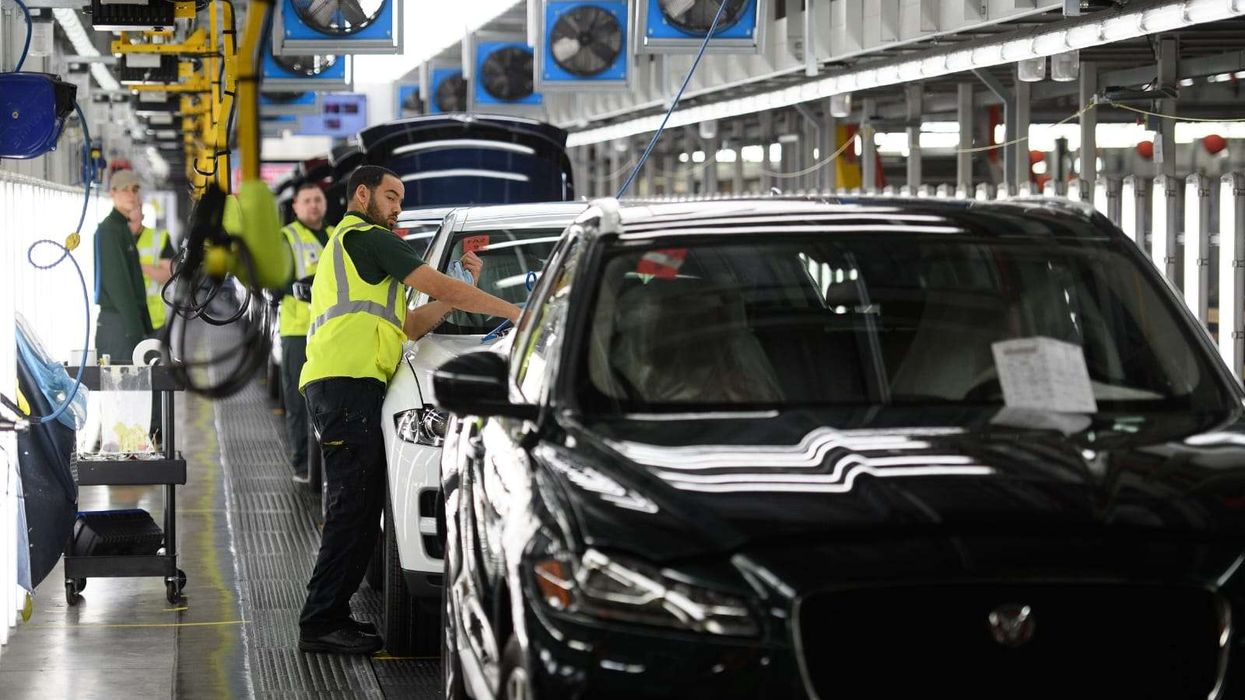German carmaker BMW said it will move the annual maintenance shutdown period for its British Mini plant to just after Britain is due to leave the European Union in April, in case there is no Brexit deal.
Carmakers generally close their factories over the summer for a few weeks to allow for retooling and repair work as many staff take vacations and sales are at their lowest ebb in the year.
"We have scheduled next year’s annual maintenance period at MINI Plant Oxford to start on April 1, when the UK exits the EU, to minimise the risk of any possible short-term parts-supply disruption in the event of a no-deal Brexit," BMW said.
"While we believe this worst-case scenario is an unlikely outcome, we have to plan for it."
Britain is due to the leave the EU on March 29 but London and Brussels have yet to agree the terms of a deal, with prime minister Theresa May battling to have her proposals accepted by many Brexiteers who want a cleaner break from the bloc.
BMW built nearly 220,000 cars at its southern English Oxford plant last year, accounting for 13 per cent of Britain's total car production of 1.67 million units.
But carmakers are worried that Brexit may impose customs checks on parts and finished models, adding costly delays to the manufacturing process.
The automotive sector, which employs more than 850,000 people in Britain, has warned that extra costs risk the viability of production sites.
Britain's biggest carmaker Jaguar Land Rover said on Monday (17) that it would go down to a three-day week at its Castle Bromwich plant from October until the beginning of December, after warning about the impact of Brexit and diesel policy.
BMW said it was sticking by its British production sites, which also include a Rolls-Royce car facility, an engine facility and a fourth site which houses a press shop and sub-assembly.
"We remain committed to our operations in Britain, which is the only country in the world where we manufacture for all three of our automotive brands," BMW said.
Reuters











